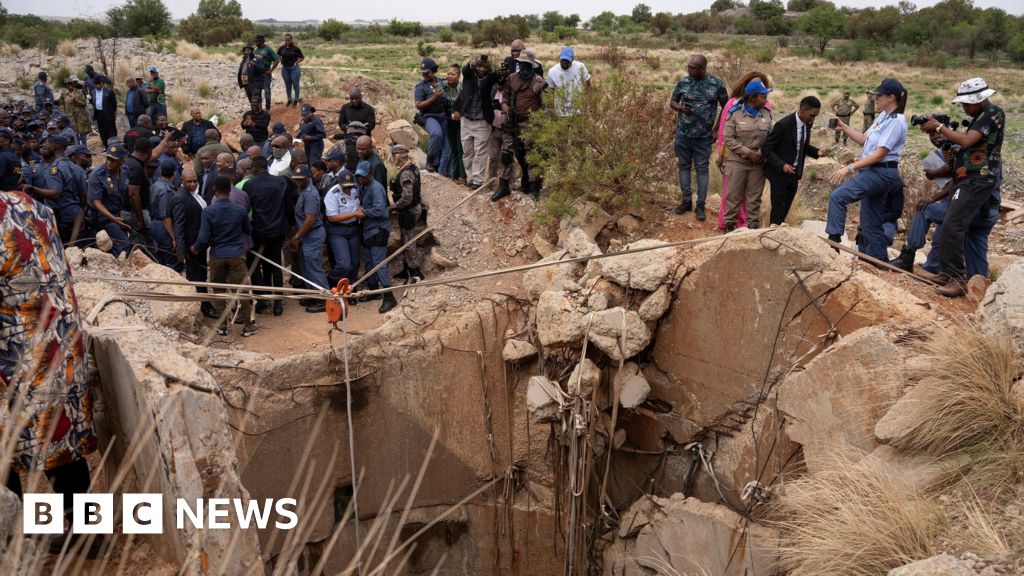ARTICLE AD BOX
Image source, Getty Images
Image caption,The blackouts have sparked protests against the government in Kosovo's capital, Pristina
Kosovo has banned the mining of cryptocurrencies to curb electricity use as it grapples with an energy crisis caused by soaring global prices.
The government says security services will identify and clamp down on sources of cryptocurrency mining.
The mining is energy intensive and involves verifying digital transactions to get cryptocurrencies as a reward.
While all of Europe faces sharp price rises, Kosovo is enforcing rolling blackouts amid an electricity shortage.
The Balkan state's largest coal-fired power plant was shut down last month over a technical issue, forcing the government to import electricity at high prices.
A 60-day state of emergency, declared in December, gave the government powers to allocate more money for energy imports and impose stricter restrictions on power usage.
The blackouts have sparked protests and calls for the resignation of Economy Minister Artane Rizvanolli.
Energy prices are skyrocketing across Europe for various reasons, including low supplies from Russia and high demand for natural gas as economies recover from the Covid-19 pandemic.
The spike has been fuelled by geopolitical tensions with Russia, which supplies one third of Europe's gas. Russia has rejected European accusations that it has limited gas deliveries while tensions are raised over the conflict in eastern Ukraine.
As the energy crisis bites, Kosovo has been hit harder than others. Last month authorities said Kosovo was importing 40% of its consumed energy.
On Tuesday, Ms Rizvanolli said the government had decided to ban so-called crypto mining to mitigate the effects of the global energy crisis.
Image source, Reuters
Image caption,Cryptocurrency mining can involve hundreds of computers and prove energy intensive
Mining cryptocurrencies like Bitcoin involves connecting computers - usually specialised "mining machines" - to the currency network on the internet.
By providing computing power for verifying transactions on that network, mining machine owners are rewarded with newly generated currency, making it a potentially lucrative exercise.
However, it requires enormous computing power, which in turn uses huge amounts of electricity.
Until recently, Kosovo boasted one of Europe's cheapest electricity rates. In this environment, crypto mining became popular among young people in Kosovo.
The practice is particularly popular in northern areas of Kosovo, where ethnic Serbs do not recognise the state's independence and refuse to pay electricity bills.
Concerned about the environmental impact of the practice, other countries such as China and Iran have cracked down on crypto mining. Last year, Iran announce a four-month ban because it was draining more than 2GW from the grid each day.

 2 years ago
30
2 years ago
30








 English (US)
English (US)